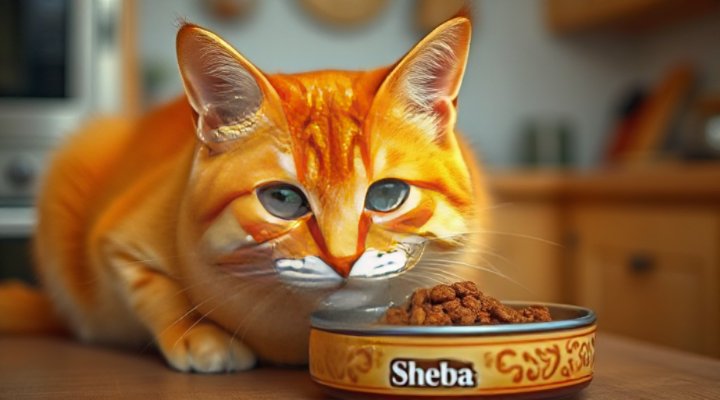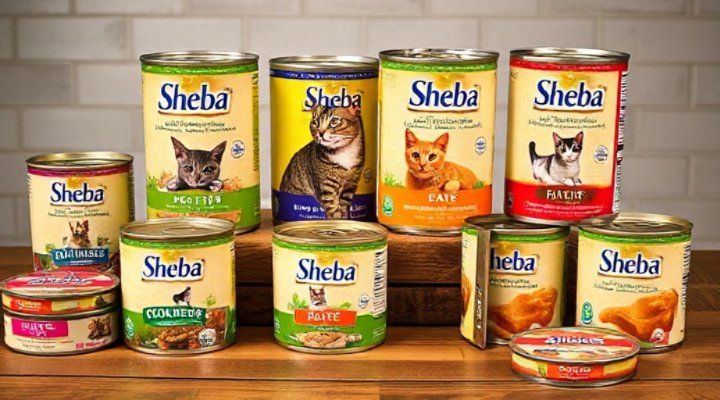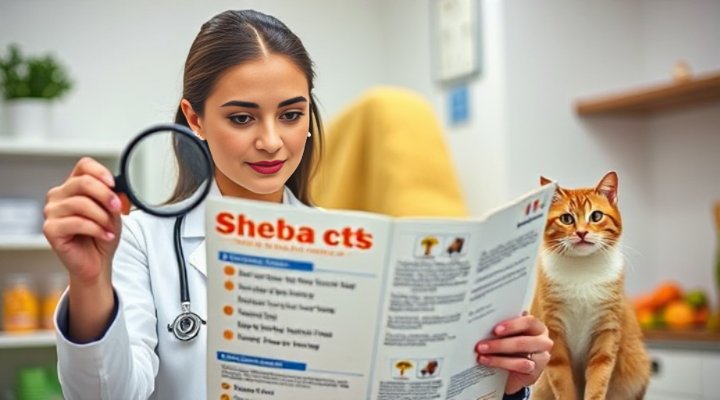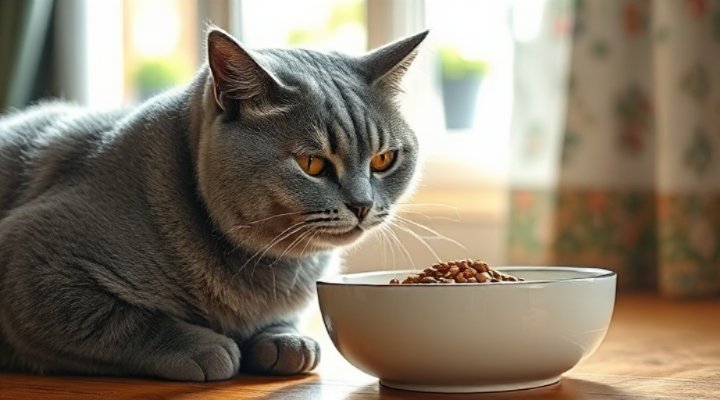When it comes to our feline companions, we all want what’s best for them – and that starts with their diet. In this Sheba cat food ingredients analysis, we’ll take a deep dive into what makes this popular brand tick, and more importantly, whether it’s truly beneficial for your cat’s health.

Understanding Sheba Cat Food Formulations
Sheba offers several product lines, each with distinct ingredient profiles. Their premium cuts in gravy, for instance, feature real meat as the first ingredient – an important factor when evaluating cat food quality. According to the FDA’s pet food labeling guidelines, ingredients are listed by weight, so seeing real protein sources at the top is encouraging.
However, as we examine Sheba cat food ingredients more closely, we notice some variations between their different formulations. For example, their pâté varieties often include meat by-products, which can be a controversial topic among pet nutrition experts. That said, by-products aren’t necessarily bad – they can provide valuable nutrients, as noted in our Raw Cat Food Nutrition article.

Key Nutritional Components in Sheba Cat Food
Protein Sources and Quality
Protein is the cornerstone of any quality cat food, and our Sheba cat food ingredients analysis reveals that most varieties contain between 10-12% crude protein. While this meets AAFCO minimums, some nutritionists argue cats benefit from higher protein levels, especially obligate carnivores like our feline friends.
The primary protein sources vary by flavor, with options including chicken, beef, turkey, and seafood. It’s worth noting that Sheba uses real meat rather than meat meals in many formulations, which means more moisture content – an important factor since cats often don’t drink enough water.
Carbohydrates and Fillers
Unlike some budget brands that load up on corn and wheat, Sheba keeps carbohydrates relatively low. Our analysis shows most formulas contain less than 5% carbohydrates, primarily from thickeners and natural flavors rather than cheap fillers. This aligns well with feline nutritional needs, as discussed in our Purina ONE Cat Food Reviews comparison.

Additives and Preservatives in Sheba Cat Food
One positive finding in our Sheba cat food ingredients analysis is the absence of artificial colors and most artificial preservatives. The brand uses natural preservatives like tocopherols (vitamin E) instead, which is a healthier choice. However, some varieties do contain carrageenan, a thickening agent that some studies suggest might cause digestive issues in sensitive cats.
On the plus side, Sheba includes added vitamins and minerals to ensure complete nutrition. Taurine, an essential amino acid for cats, is consistently present in adequate amounts – crucial for heart and eye health.
Health Benefits of Sheba Cat Food
Based on our Sheba cat food ingredients analysis, several potential health benefits emerge:
- High moisture content supports urinary tract health
- Quality protein sources promote lean muscle maintenance
- Added taurine supports cardiovascular function
- Limited carbohydrates help maintain healthy weight
As the AVMA nutrition guidelines suggest, these factors combine to make Sheba a potentially good choice for many cats, especially those who need encouragement to stay hydrated.

Potential Concerns and Considerations
While our Sheba cat food ingredients analysis reveals many positives, there are some considerations for pet owners:
First, the price point is higher than many grocery store brands, though still below premium veterinary formulas. Second, some cats may be sensitive to specific ingredients like fish or certain thickeners. As with any food transition, it’s best to introduce Sheba gradually and monitor your cat’s response.
Interestingly, when compared to other premium options like those in our Best Purina Cat Food for Indoor Cats roundup, Sheba holds its own in terms of ingredient quality while offering more variety in textures.
Final Verdict: Is Sheba Cat Food Healthy?
After this thorough Sheba cat food ingredients analysis, we conclude that it’s a quality option for most cats. While not perfect (what food is?), it offers balanced nutrition with quality ingredients at a reasonable price point. The high moisture content is particularly beneficial, and the absence of artificial colors and most preservatives is commendable.
As always, we recommend consulting with your veterinarian about your cat’s specific nutritional needs, especially if they have health conditions. But for the average healthy cat, Sheba appears to be a nutritious choice that many felines find delicious.
Related keywords: premium cat food, cat nutrition analysis, best wet cat food, healthy cat diet, feline dietary needs

